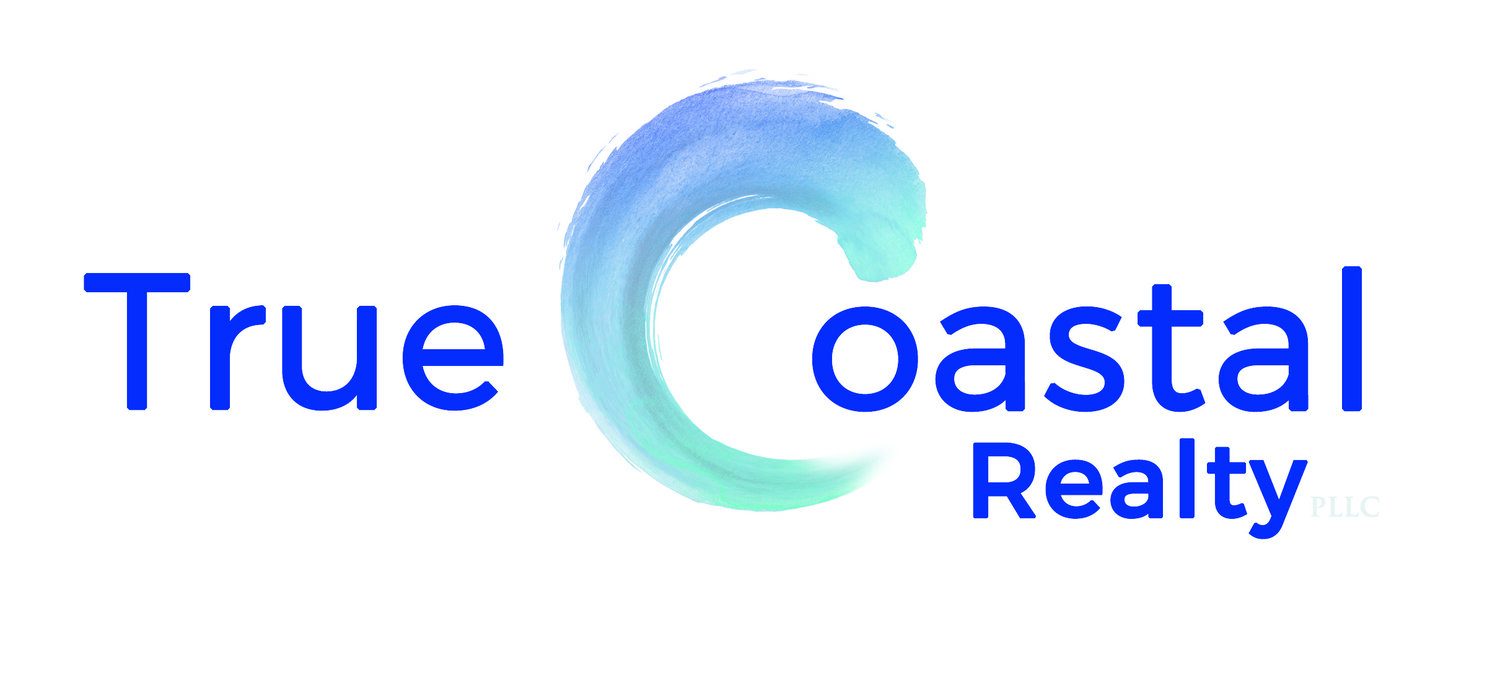Why Flood Zones Matter
/Buying a home has many concerns. Your best protection is to use an experienced REALTOR® to research the issues prior to making an offer. Before you buy a home you must consider that there are issues you control and issues beyond your control. Some of those uncontrollable are zoning, homeowner associations, covenants and restrictions, real estate taxes and flood zones. All of these can and usually do affect costs to the home owner. This blog will discuss the issue of Flood Zones.
Anytime a property is mortgaged, the lender will require insurance. This includes a homeowners policy that covers damage, medical, contents insurance and other buildings soon the property. If it is in a flood zone a separate policy will be required. Most properties in the United States are classified in specific flood zones. These can be accessed thru the federal governments FEMA web site or on the individual County web site where the property is taxed or appraised.
For example, in Florida, properties are classified as X , A, AE, V, or VE with X being the lowest or safest zone and not requiring flood insurance. A rating of other than X will require flood insurance if you a financing the property. The premium rate is determined by a scale from the federal government and will depend not only the zone but the elevation above or below the flood stage level. A cash buyer could be inclined to buy without insurance but be warned; if they later sell, a new buyer may not be able to buy with cash and need a mortgage thus requiring a flood policy. Insurance later may surely be more costly and cannot be anticipated.
In August of 2005, Hurricane Katrina made landfall in Louisiana devastating the State and properties further inland. As a result, the federal government and specifically FEMA reclassified much of the United States. Basically areas that were never in flood zones but contiguous to wetlands or low areas came under flood zone classification. Many homeowners were notified by lenders that they had to obtain flood insurance to cover the property or the lender would obtain a policy and be billed with the mortgage. Some properties were in areas where by shear height were above the stated flood elevation but still subject to the ruling. In cases where the property is higher than flood stage and evidenced by a survey and elevation certificate they can be exempted from the insurance or get a much lower rate. If you currently own property that has been reclassified, and above flood elevation, I recommend you see if you are eligible for the waiver under the Letter of Map Amendment (LOMA) at the FEMA website.
When shopping for a home that is classified as in a flood zone, there are a few considerations before you eliminate it from the list. First, does the seller have a survey and elevation certificate. What is the elevation compared to the “Base elevation “ level and does the seller currently have a flood insurance policy? If so, is it transferrable? A transferrable policy could lock a lower rate than a new policy. The wild card is that any property that requires a flood insurance policy to get a mortgage is subject to three influences. First, if it is actually low it may be damaged by rising water during an event. Second, that there is no guaranty of where the insurance premium will be and how much it could increase. Third, when you sell the property that it will be as attractive to a new buyer as one not located in a flood zone.
Some agents automatically discount properties located in flood zones. I prefer to research all the data and relative factors for prospective buyers. If a property is well above the Base Elevation and subject to exemption, it could be an overlooked gem. On the other hand, buying a property without doing the research and weighing out the buyers goals compared to risk could tie him to a property with outrageous insurance costs, limited value or problems with liquidity.
If we can be of assistance to you with regard to property in Florida, please give us a call.
Thank you for letting us share.

